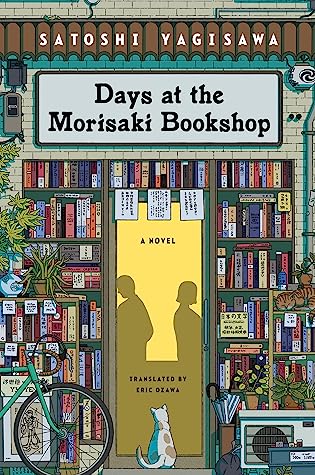 Days at the Morisaki Bookshop by Satoshi Yagisawa, Eric Ozawa
Days at the Morisaki Bookshop by Satoshi Yagisawa, Eric Ozawa Narrator: Catherine Ho
Format: audiobook, eARC
Source: supplied by publisher via Edelweiss, supplied by publisher via Libro.fm
Formats available: paperback, ebook, audiobook
Genres: books and reading, literary fiction, world literature
Series: Days at the Morisaki Bookshop #1
Pages: 160
Length: 5 hours
Published by Harper Perennial, HarperAudio on July 4, 2023
Purchasing Info: Author's Website, Publisher's Website, Amazon, Barnes & Noble, Kobo, Bookshop.org
Goodreads
Hidden in Jimbocho, Tokyo, is a booklover's paradise. On a quiet corner in an old wooden building lies a shop filled with hundreds of second-hand books.
Twenty-five-year-old Takako has never liked reading, although the Morisaki bookshop has been in her family for three generations. It is the pride and joy of her uncle Satoru, who has devoted his life to the bookshop since his wife Momoko left him five years earlier.
When Takako's boyfriend reveals he's marrying someone else, she reluctantly accepts her eccentric uncle's offer to live rent-free in the tiny room above the shop. Hoping to nurse her broken heart in peace, Takako is surprised to encounter new worlds within the stacks of books lining the Morisaki bookshop.
As summer fades to autumn, Satoru and Takako discover they have more in common than they first thought. The Morisaki bookshop has something to teach them both about life, love, and the healing power of books.
My Review:
Takako has sunk into a slough of despond, depressed beyond imagining after learning that her boyfriend had been engaged to someone else during the entire year of their relationship. As they worked together – along with his fiancee! – Takako has quit her job to get away from the pain, and seems to be intent on leaving the waking world behind.
It’s a bit like the opening of Cassandra in Reverse – without the time travel. Or at least, without Cassandra’s peculiar method of traveling through time.
Takako, with more than a bit of a push from her mother, finds herself being herded in a direction she had no intention of going. But helping her uncle Satoru with his used bookstore – while living rent free above the shop – is at least half a step up from returning home and letting her mother remind her she’s a failure at every turn.
Which is where the story stops resembling Cassandra in Reverse, as the only time travel that Takako is capable of is the kind that happens when you step into the pages of a book and are whisked away, whether to the past, the present, or the future.
As the days slip past, at first slowly – and mostly in sleep – Takako emerges from her blanket-wrapped cocoon and becomes involved with what’s inside her uncle’s store. At first it’s the customers, and then it’s the books and then it’s the whole neighborhood.
The store and the books within it are the saving of Takako. And as her year of taking a vacation from her life saves her, so is she able to save her uncle as well.
 Escape Rating A-: This is simply a lovely story. It’s a bit of a combination of Cassandra in Reverse, The Girl Who Reads on the Métro and The Cat Who Saved Books, but it’s considerably more down to earth than any of those antecedents.
Escape Rating A-: This is simply a lovely story. It’s a bit of a combination of Cassandra in Reverse, The Girl Who Reads on the Métro and The Cat Who Saved Books, but it’s considerably more down to earth than any of those antecedents.
This is not a highly dramatic story. After the opening, where Takako learns that her boyfriend is a narcissistic asshat, there are no big scenes until very nearly the end. Rather, the story quietly unspools as we climb into that cocoon with Takako and then watch her gently pull herself out.
The story of those Days at the Morisaki Bookshop is really a story about the way that books cushion us, comfort us and save us. It’s about the joy of discovery and the even greater joy of sharing that discovery. It’s a story that starts out quietly sad and quietly and charmingly goes on its way to becoming quietly happy.
Which made this little book an unexpected comfort read and an equally unexpected comfort listen. I fell into Takako’s life just as she fell into sleep, but the waking up was considerably less traumatic for the reader than it was for the character – who was perfectly embodied by the narrator. I didn’t feel like I was reading a book, I felt like Takako was telling me the story of her year at her uncle’s bookshop and what happened after.
And it was an utterly charming story, extremely well told, every step of her way. It was exactly what I was looking for, and I hope that when you’re looking for a lovely read or listen to let you slip into a world of books, it will be that for you, too.

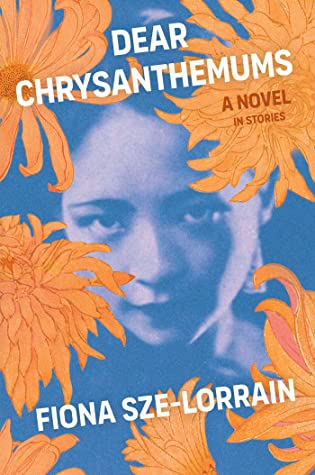 Dear Chrysanthemums: A Novel in Stories by
Dear Chrysanthemums: A Novel in Stories by 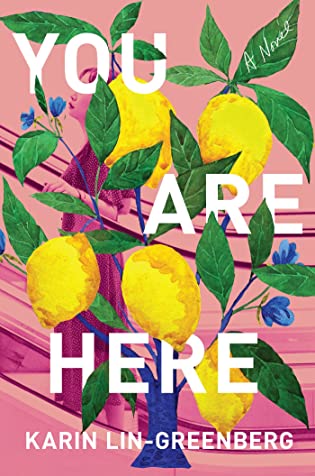 You Are Here by
You Are Here by 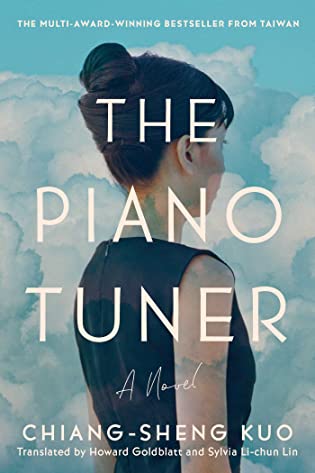 The Piano Tuner by
The Piano Tuner by 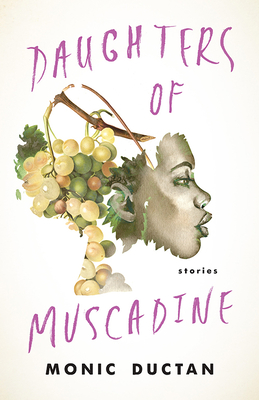 Daughters of Muscadine by Monic Ductan
Daughters of Muscadine by Monic Ductan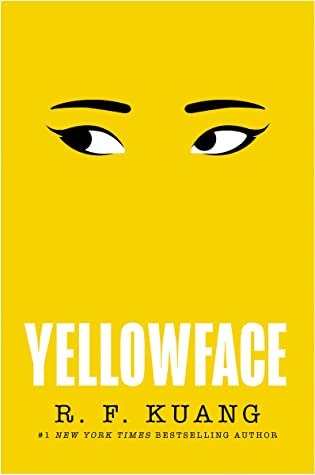 Yellowface by
Yellowface by 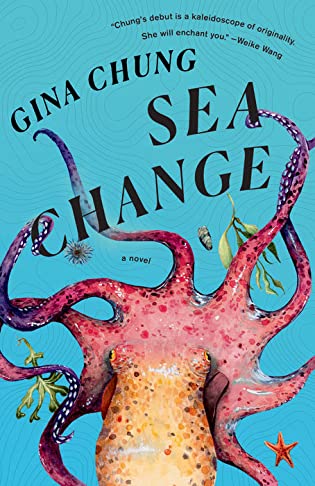 Sea Change by
Sea Change by 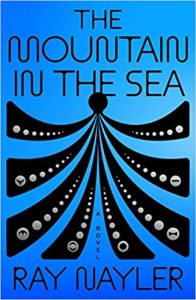 (It’s not specified exactly where or what this is, but it seems likely to be a combination of or an intrusion into the Bering Sea by the existing Polar Vortex. I could be completely off-base. One of the frustrating things about Sea Change is that it seems to be set in a near-future of our current world, but just how near or far is confusingly obscured. There are people who remember the song Hotel California from their own youth – as I do – but climate change is considerably further amuck than current conditions and a colony spaceship to MARS lifts off during the course of the story. The near-ish future setting of
(It’s not specified exactly where or what this is, but it seems likely to be a combination of or an intrusion into the Bering Sea by the existing Polar Vortex. I could be completely off-base. One of the frustrating things about Sea Change is that it seems to be set in a near-future of our current world, but just how near or far is confusingly obscured. There are people who remember the song Hotel California from their own youth – as I do – but climate change is considerably further amuck than current conditions and a colony spaceship to MARS lifts off during the course of the story. The near-ish future setting of 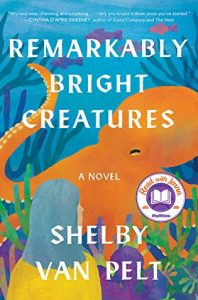 Escape Rating C+: For this reader, Sea Change was just ‘Too much Ro and not enough Lo’ as I said near the top. I hoped this would tilt more to the magical realism side of the equation, so that Dolores could be more of a character. Because Marcellus was so much of a character,
Escape Rating C+: For this reader, Sea Change was just ‘Too much Ro and not enough Lo’ as I said near the top. I hoped this would tilt more to the magical realism side of the equation, so that Dolores could be more of a character. Because Marcellus was so much of a character, 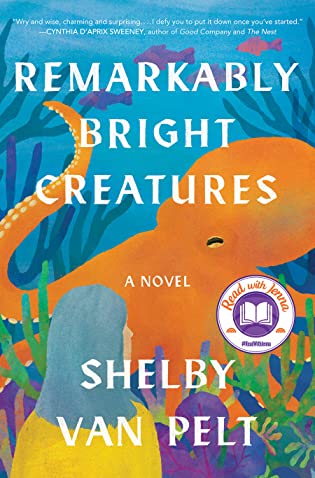 Remarkably Bright Creatures by
Remarkably Bright Creatures by 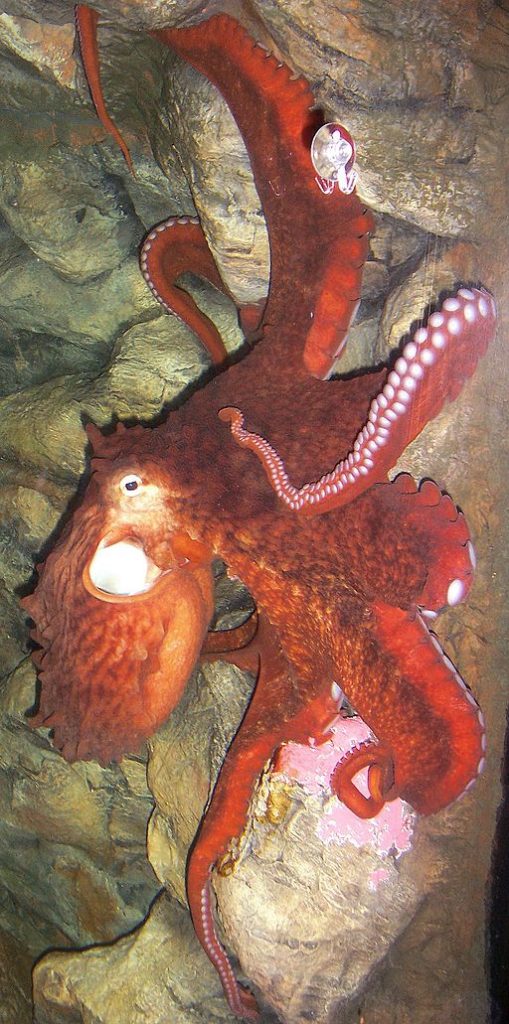
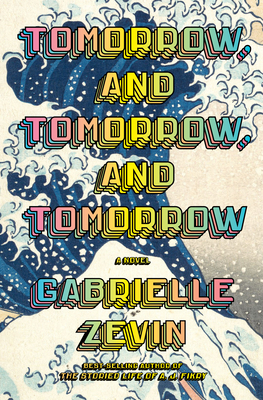 Tomorrow, and Tomorrow, and Tomorrow by
Tomorrow, and Tomorrow, and Tomorrow by 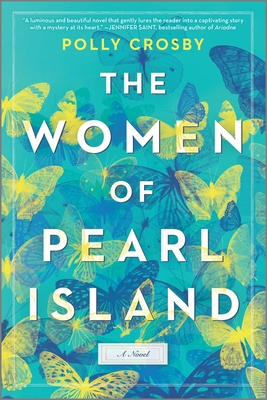 The Women of Pearl Island by
The Women of Pearl Island by 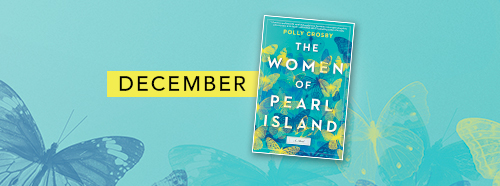
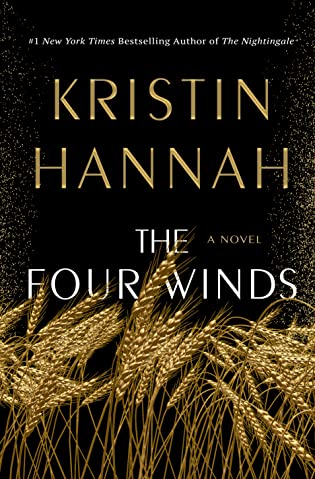 The Four Winds by
The Four Winds by